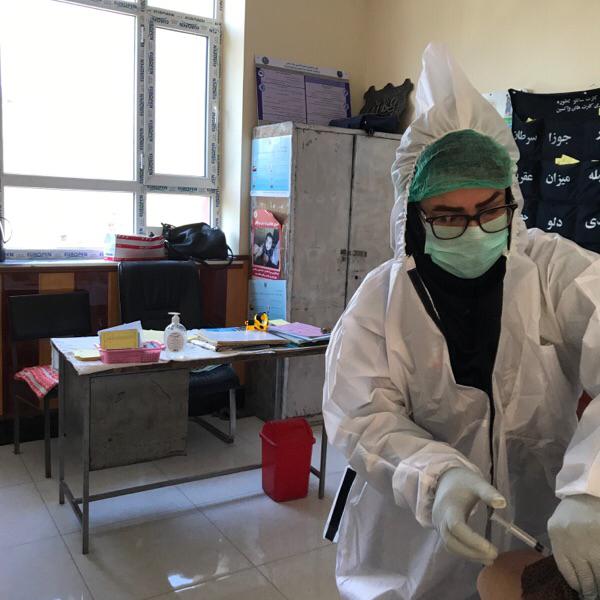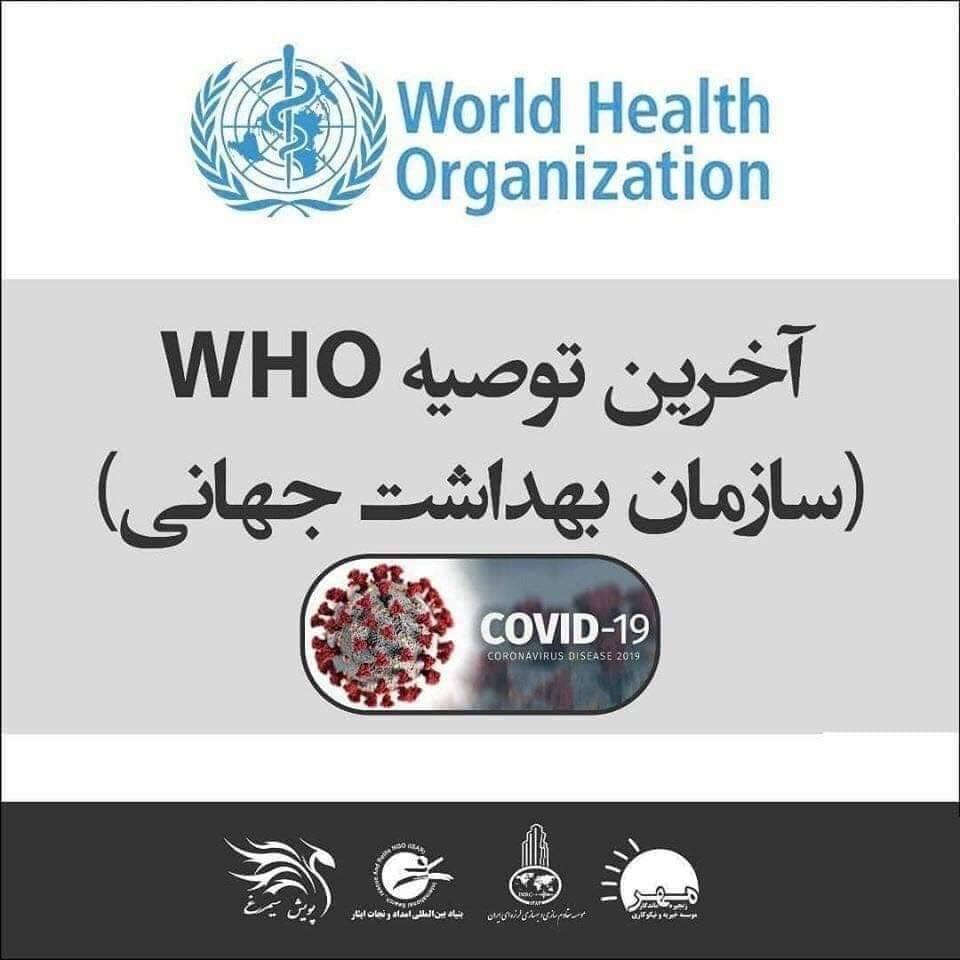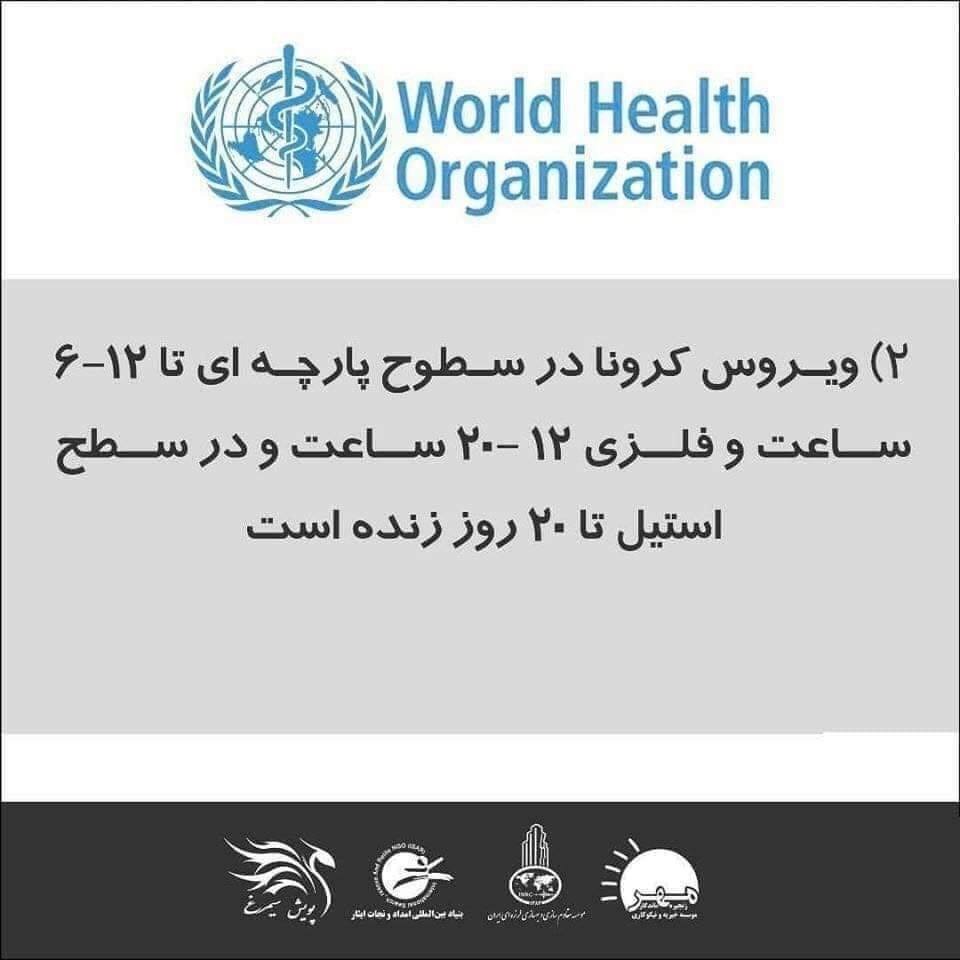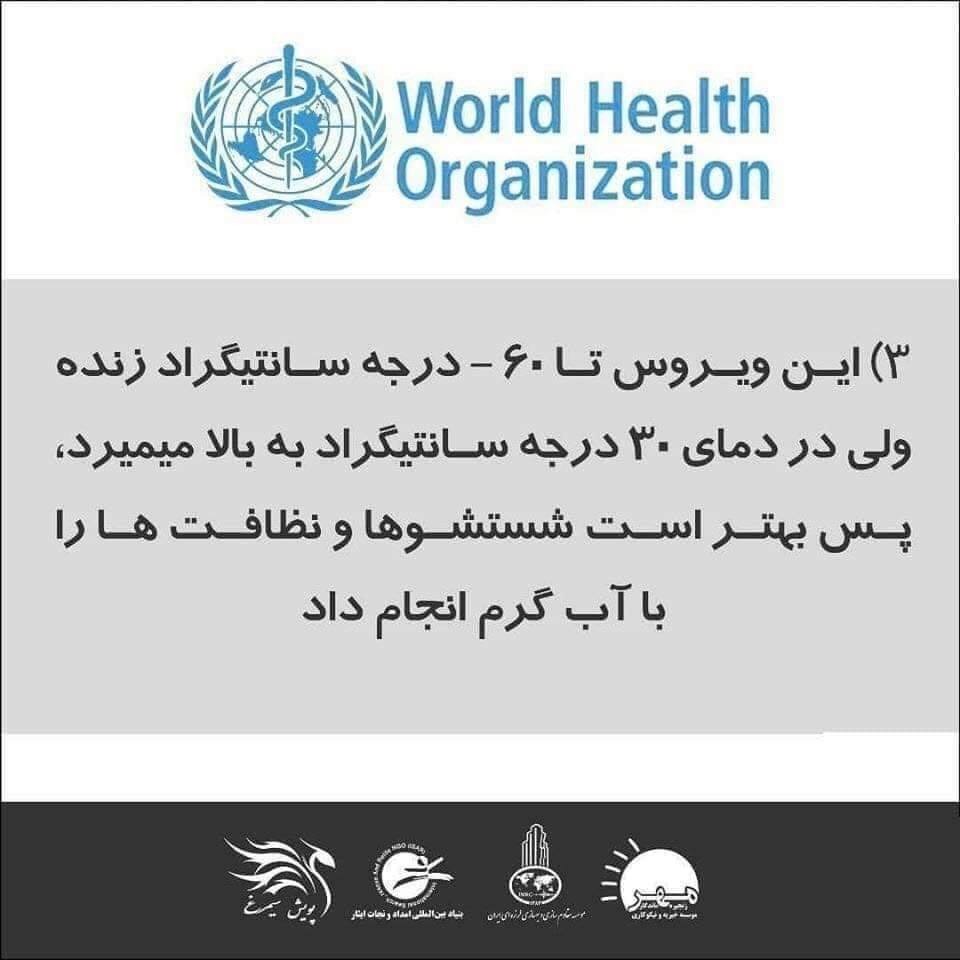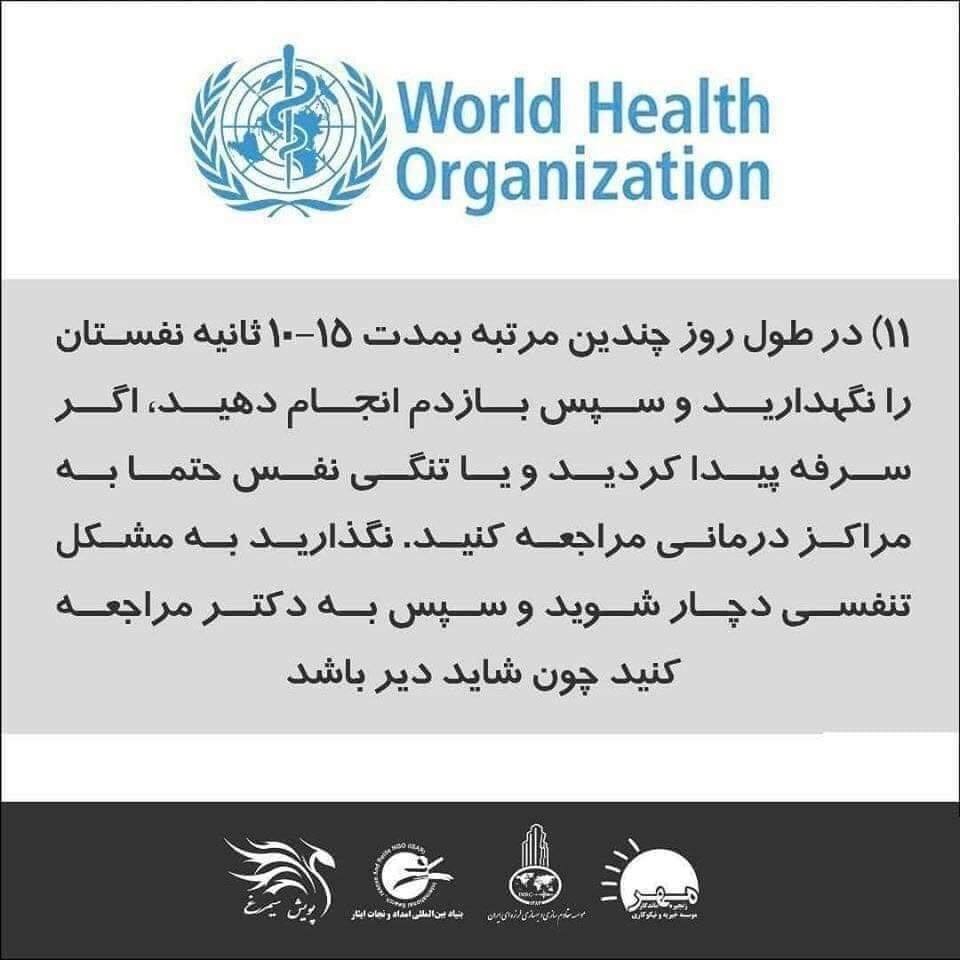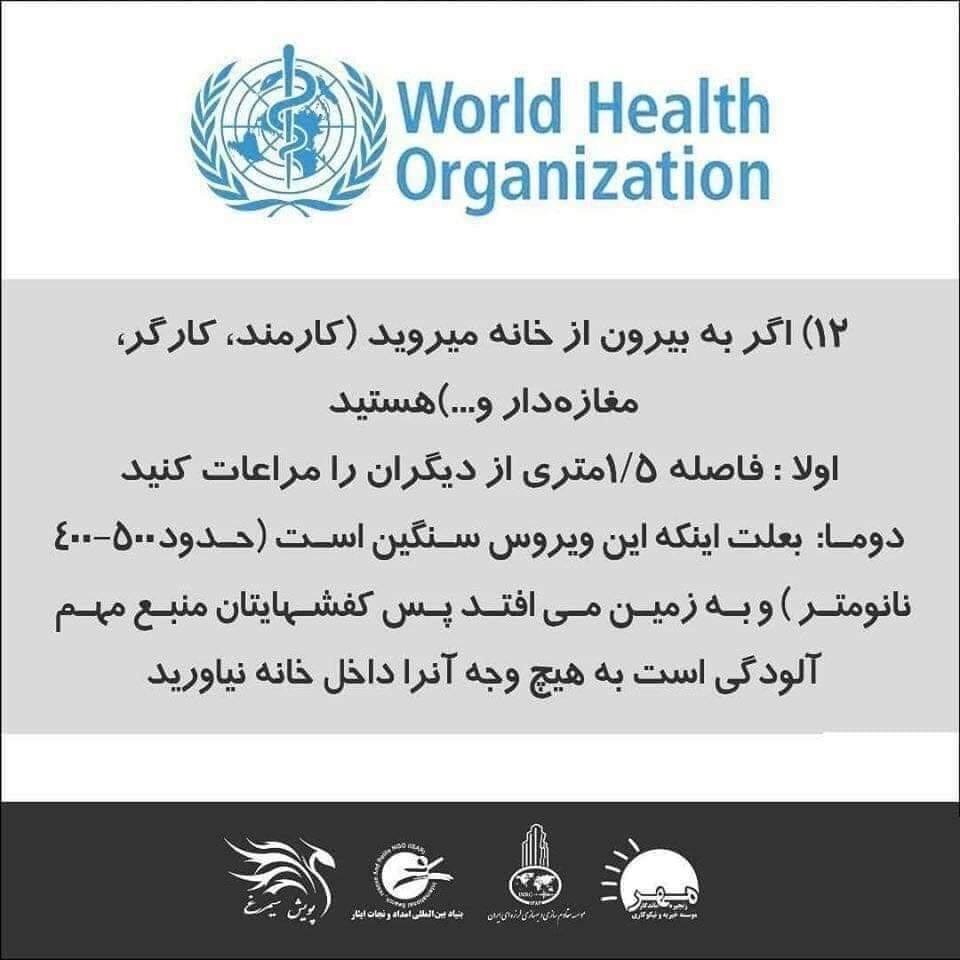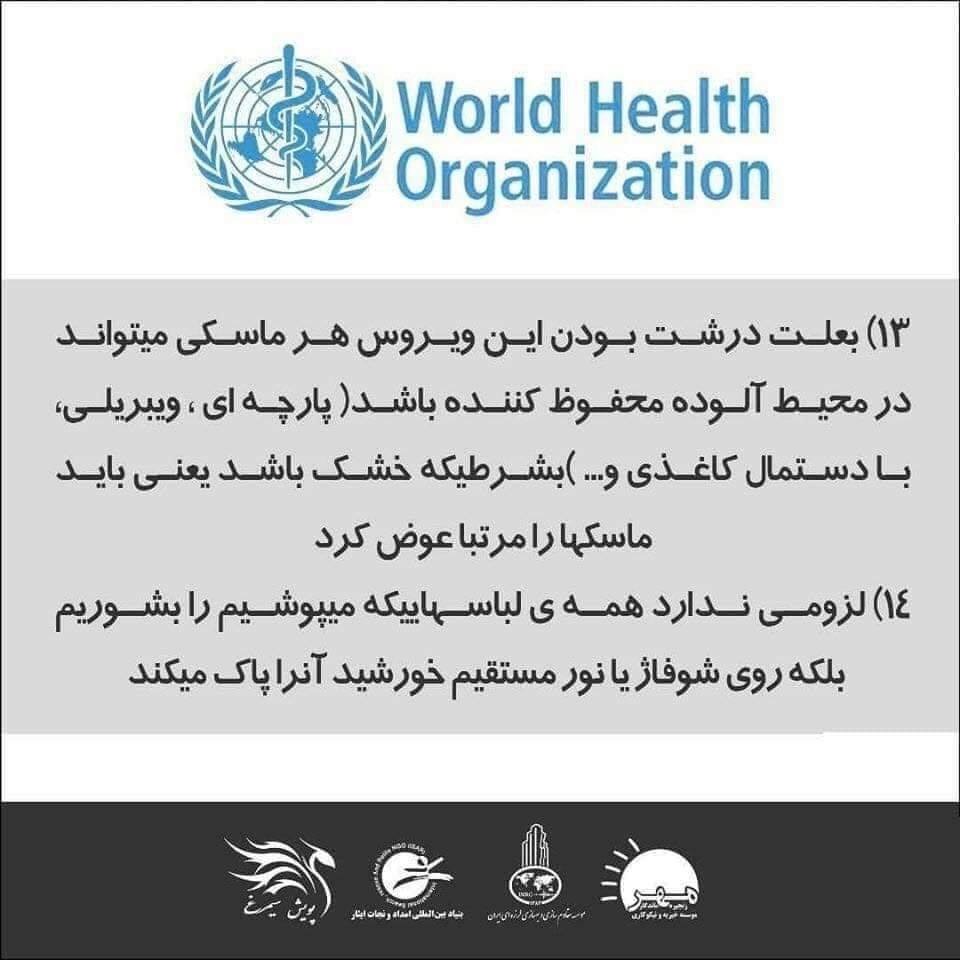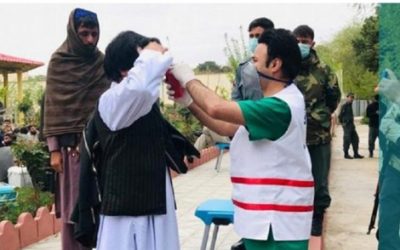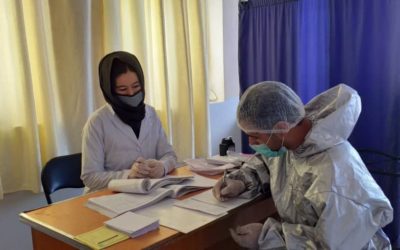Integrity Watch scales up its community monitoring program to fight COVID-19
In late March 2020, Integrity Watch decided to scale up its existing community monitoring of health services to cover an approximate additional number of seventy health facilities including those providing health services to COVID-19 patients. The community monitoring of health facilities has also introduced a new checklist that includes preventative measures against COVID-19 in health clinics.
As a result of the COVID-19 outbreak, schools have been closed across the country. Integrity Watch consulted with community members who monitor over 160 schools in Herat, Balkh, Kapisa, Nangarhar and Kabul Provinces about shifting to monitoring of health facilities in their respective provinces. The response was overwhelmingly positive and the program staff of Integrity Watch then identified an additional seventy health facilities and provided basic trainings to the new volunteers.
Ajmal Khaliqi, the head of the community-based monitoring program of Integrity Watch, said, “This move also comes with programmatic and financial challenges.” Mr. Khaliqi explained that they need to provide masks and hand gloves to monitoring volunteers to ensure they are not affected by the virus as well as providing them with transport assistance in a time of lockdown is complicated. “However, with a decade of community-based monitoring of public services, we have developed flexibility in our programing, thanks to our volunteers and donors, to re-align our resources to cover these additional health facilities.”
“We have developed a COVID-19 checklist,” said Mr. Ali Ahmad Mashalafroz, program coordinator for the community-based monitoring of health facilities. He explained, “The checklist includes checking the availability of sanitizers, mask and gloves at the health facilities and checking measures such as social distancing.” According to him these measures are added to the program to ensure that the volunteers, non-COVID-19 patients and healthcare workers are not affected by the COVID-19.
Furthermore, Integrity Watch’s research department has started to mobilize its resources to conduct a technical assessment of the preparedness of those health facilities that provide specialized COVID-19 treatment. According to Ezatullah Adib, head of research at Integrity Watch, the objective is to assist the government to know its strengths and weaknesses based on evidence so that it can make timely and appropriate decisions.
Integrity Watch’s community monitoring of health facilities started in late in 2018 and currently covers 70 health facilities in Kabul, Kapisa, Herat, Nangarhar and Balkh provinces. The number has been doubled in response to COVID-19 outbreak. Volunteers elected by local community council and trained by Integrity Watch monitors the health facilities. The problems identified are first reported to the head of the health facility and the community council and as a result many of the issues are solved at that level. For issues not solved at health facility level, these are reported to the sectoral monitoring group meetings on a monthly basis. Based on compiled results of monitoring health facilities, 72% of the issues are solved now.
